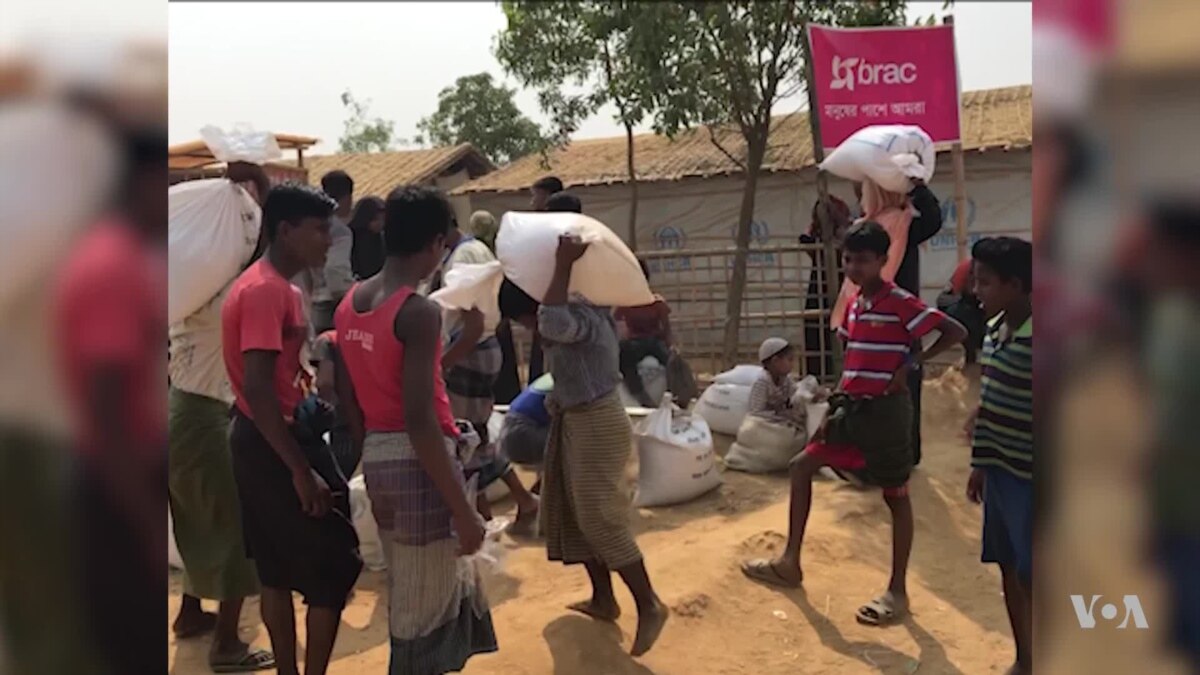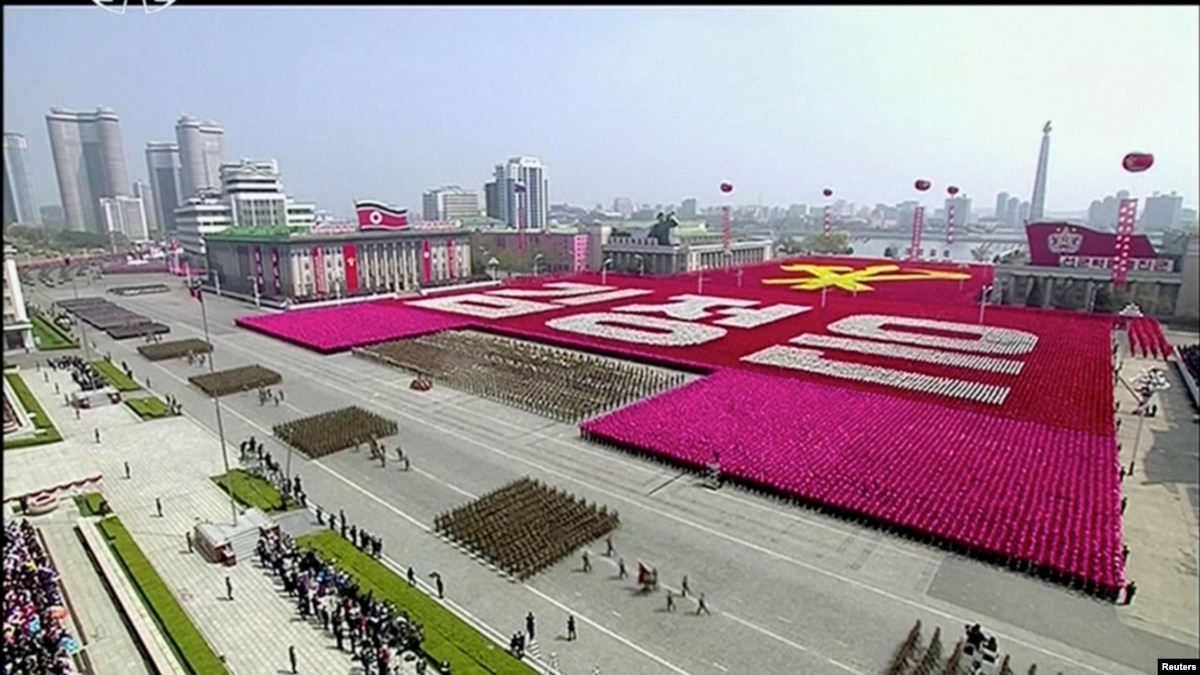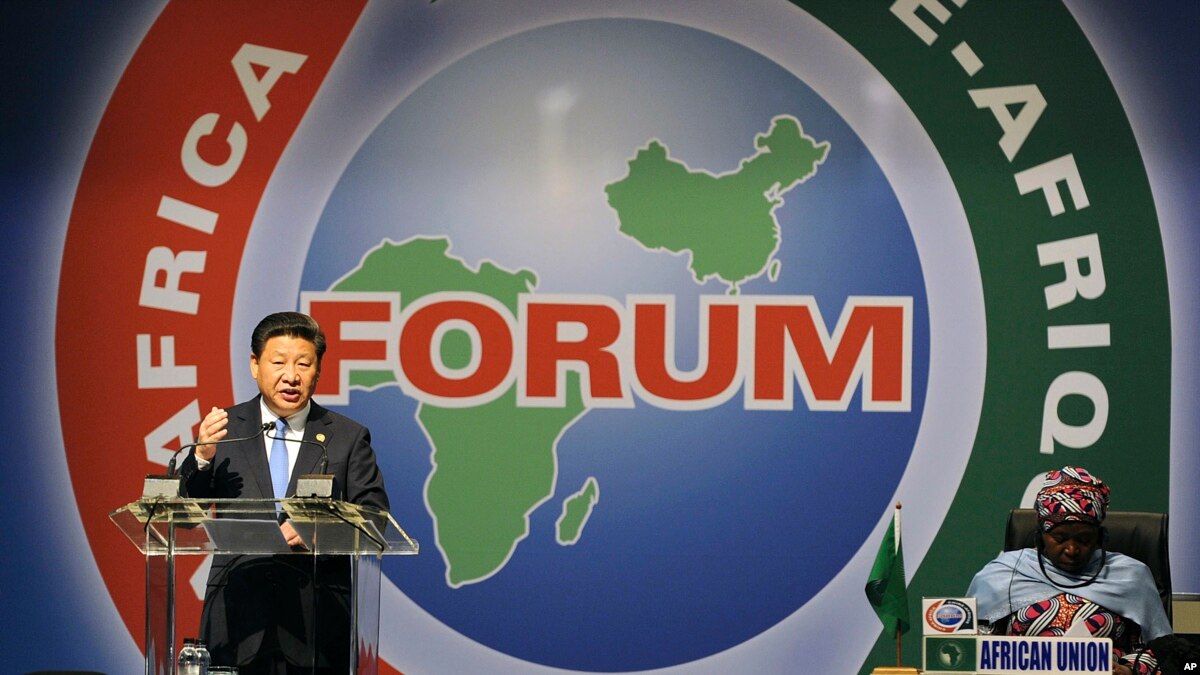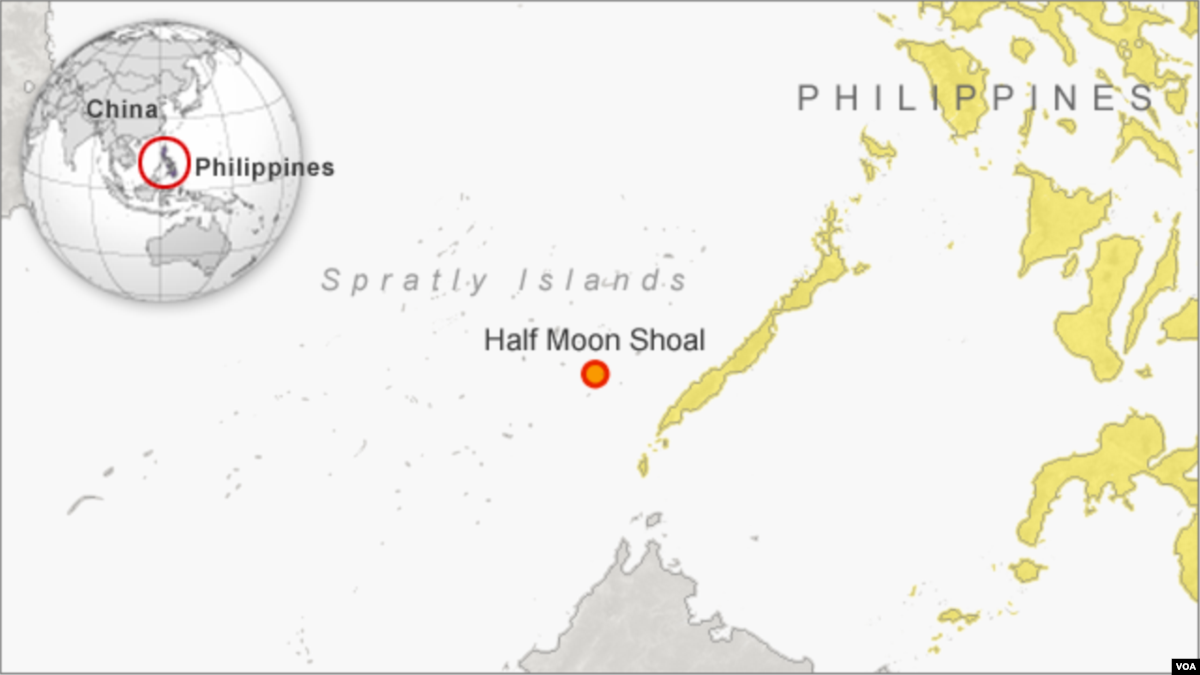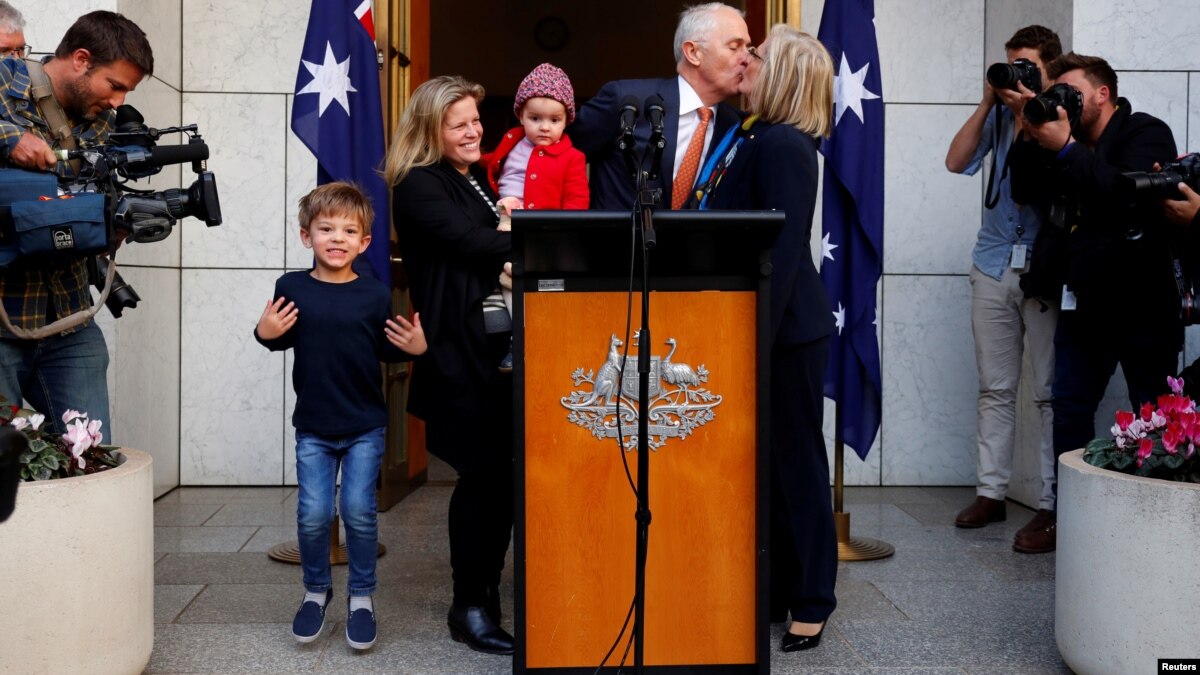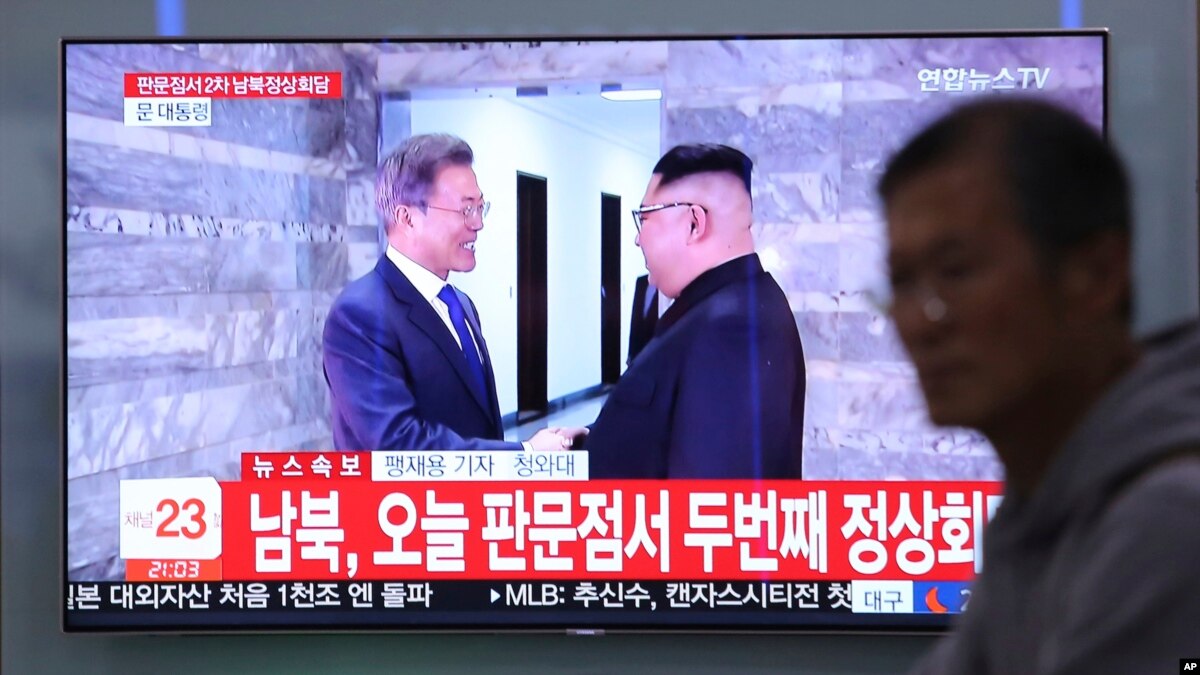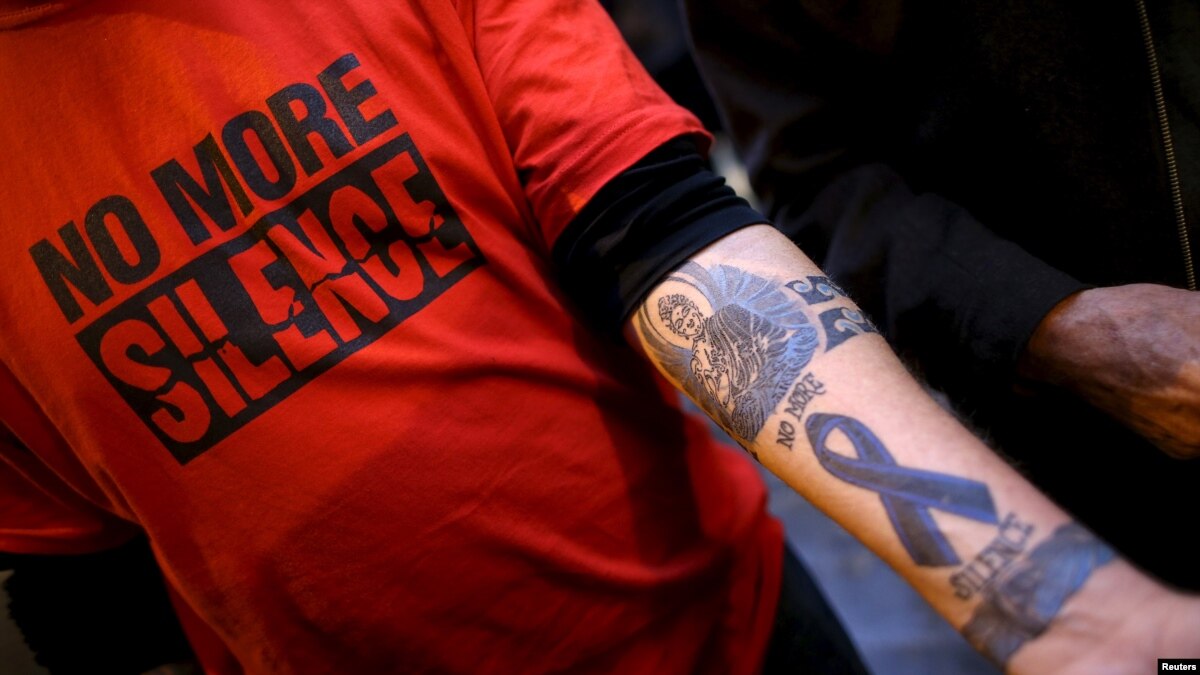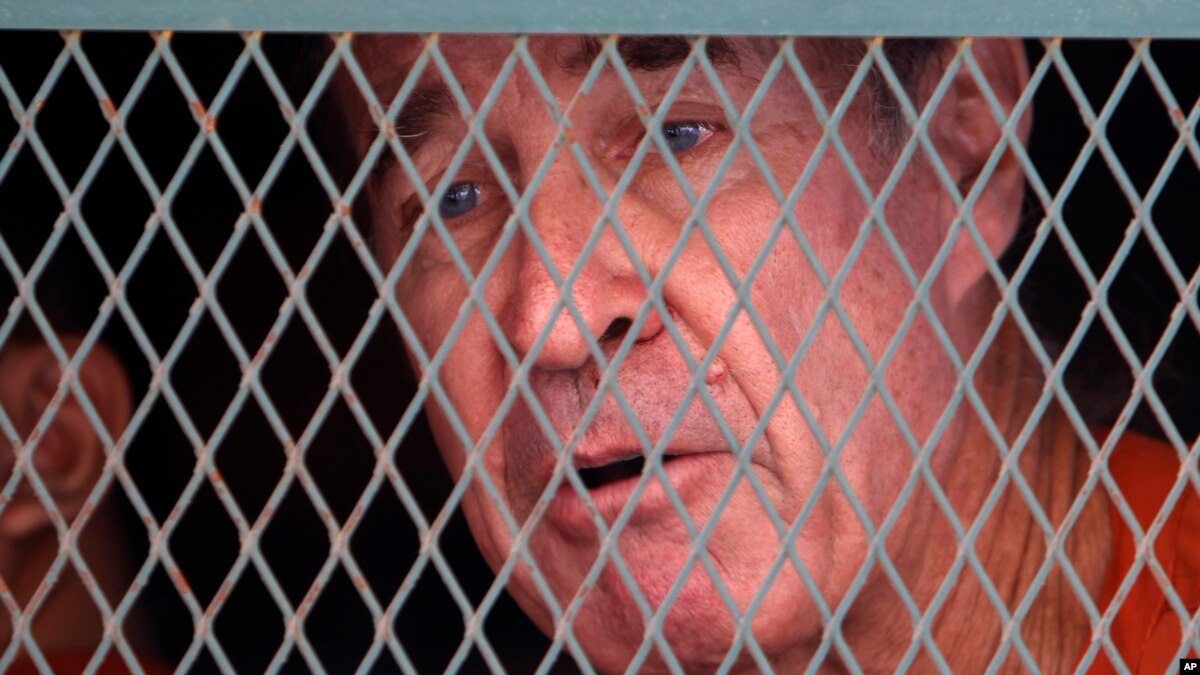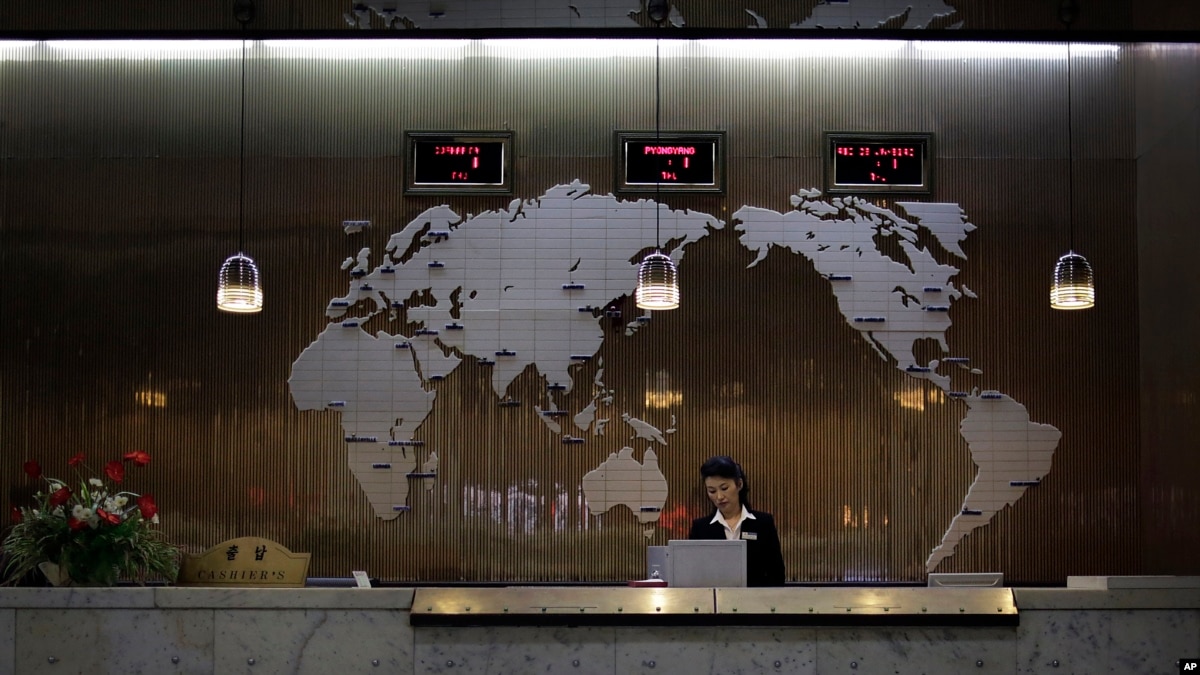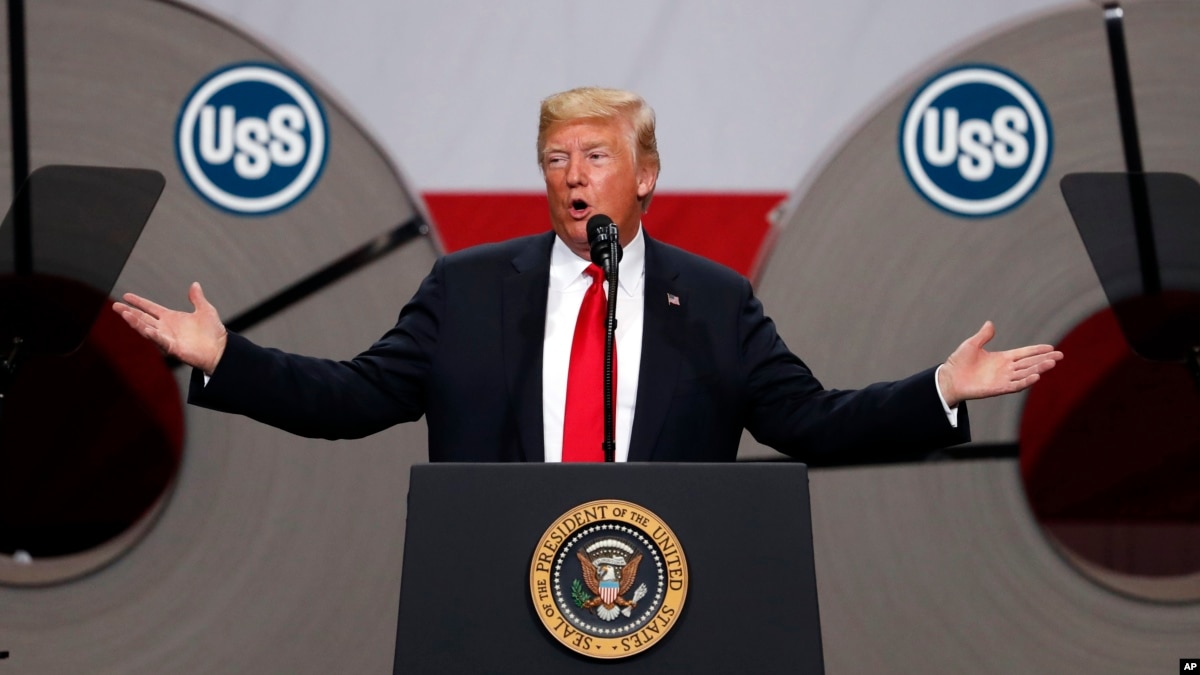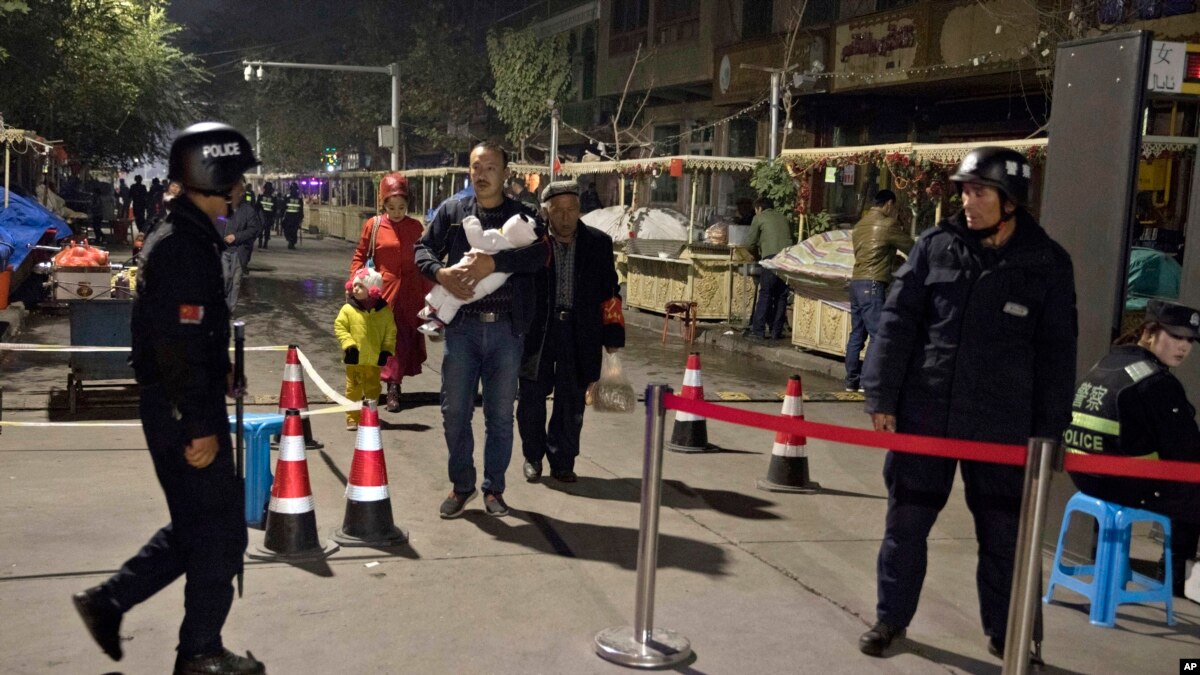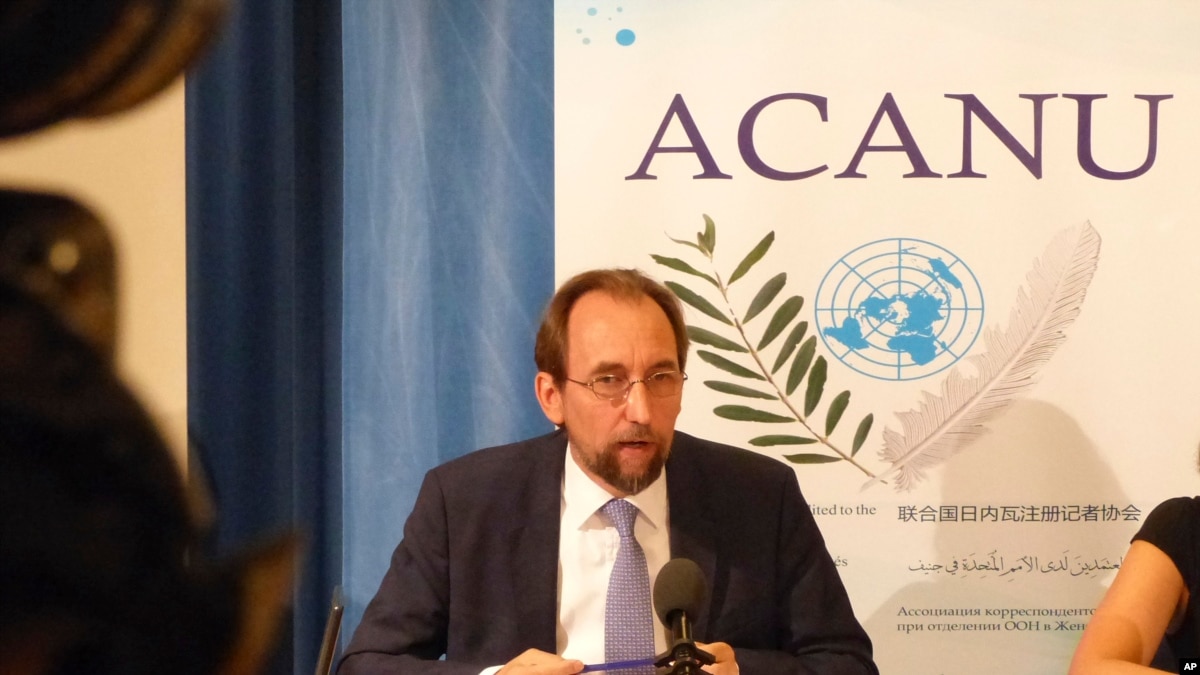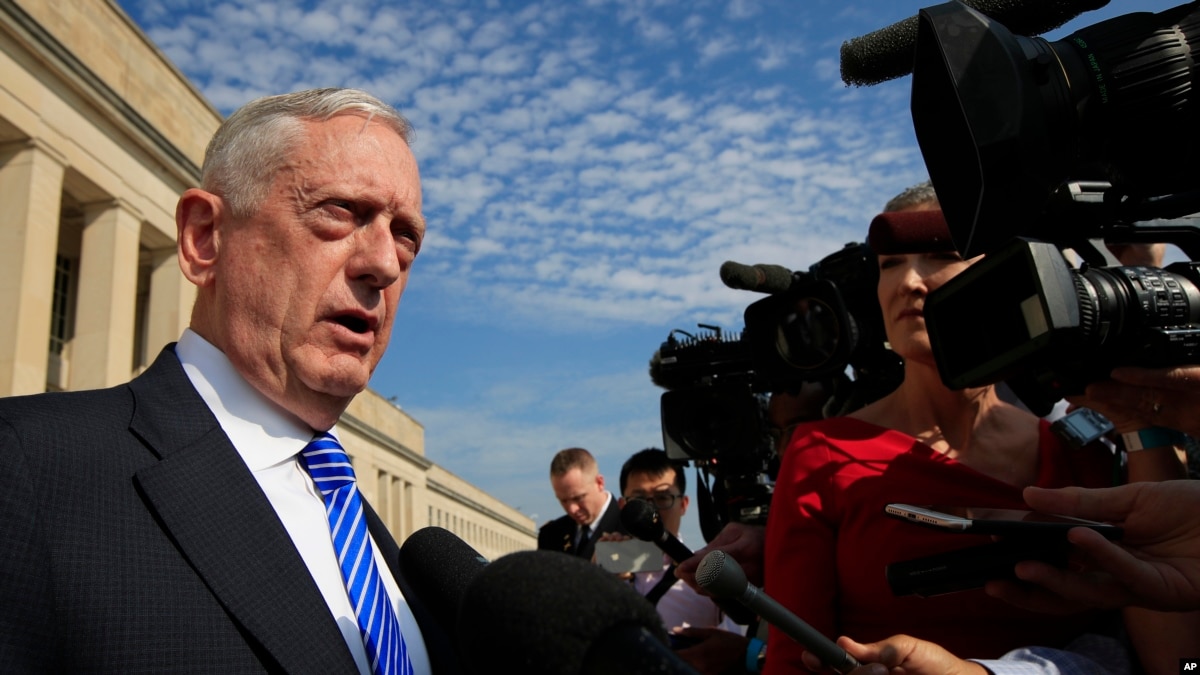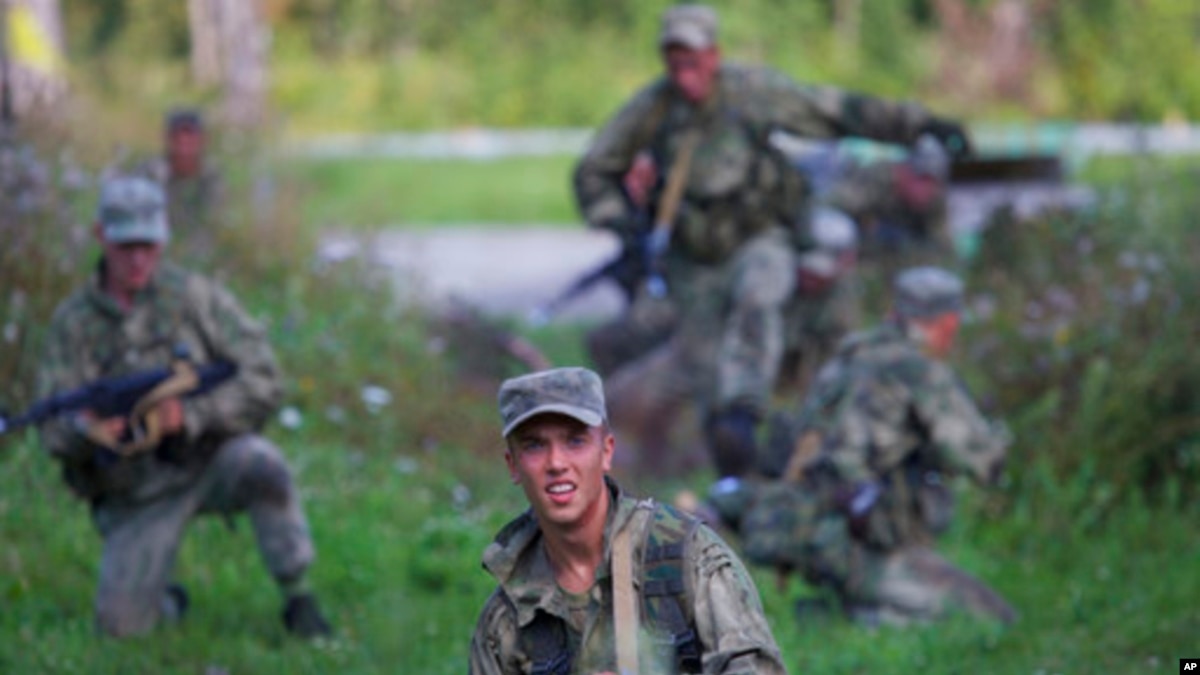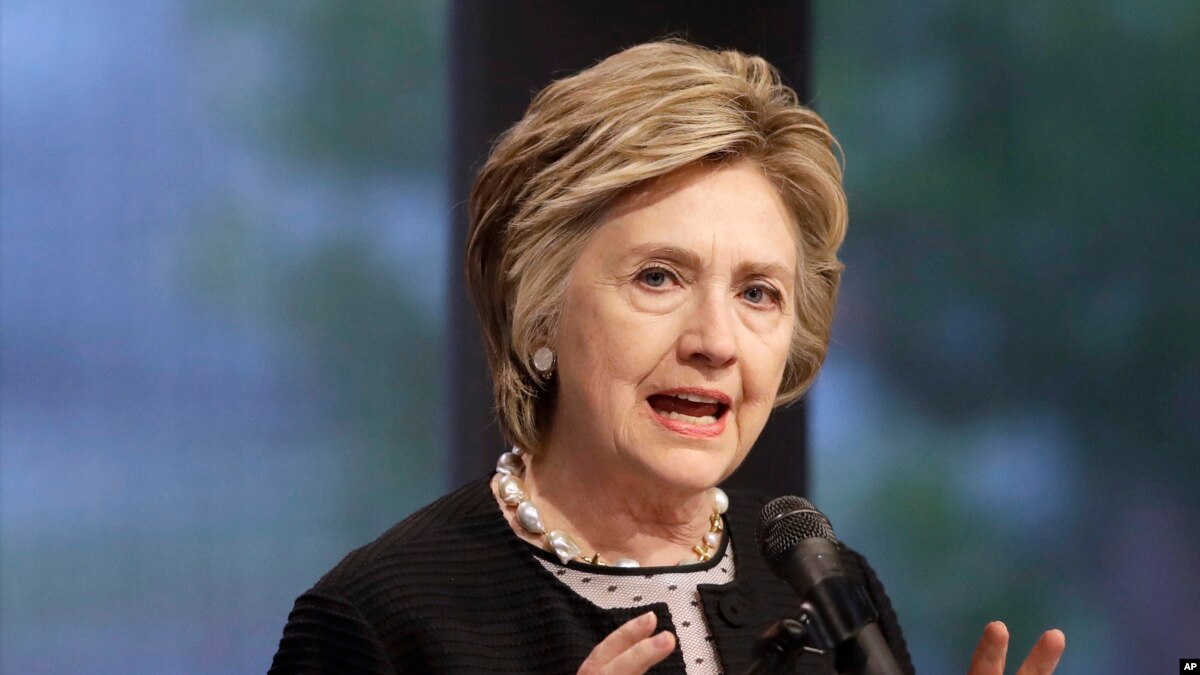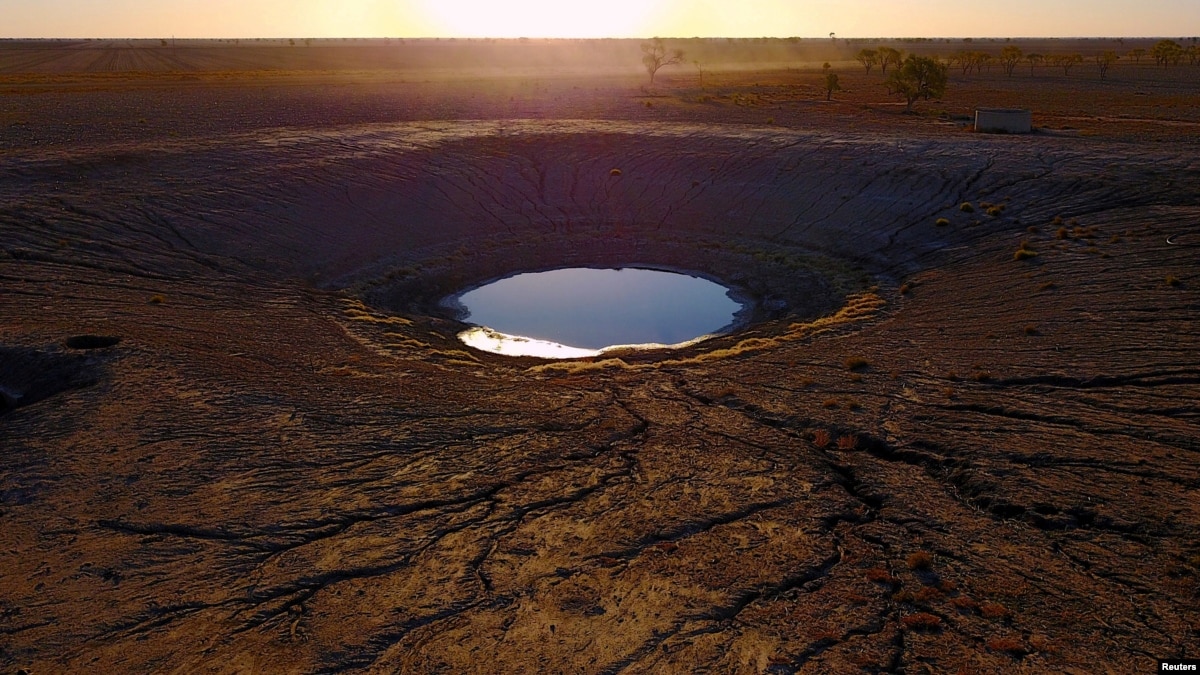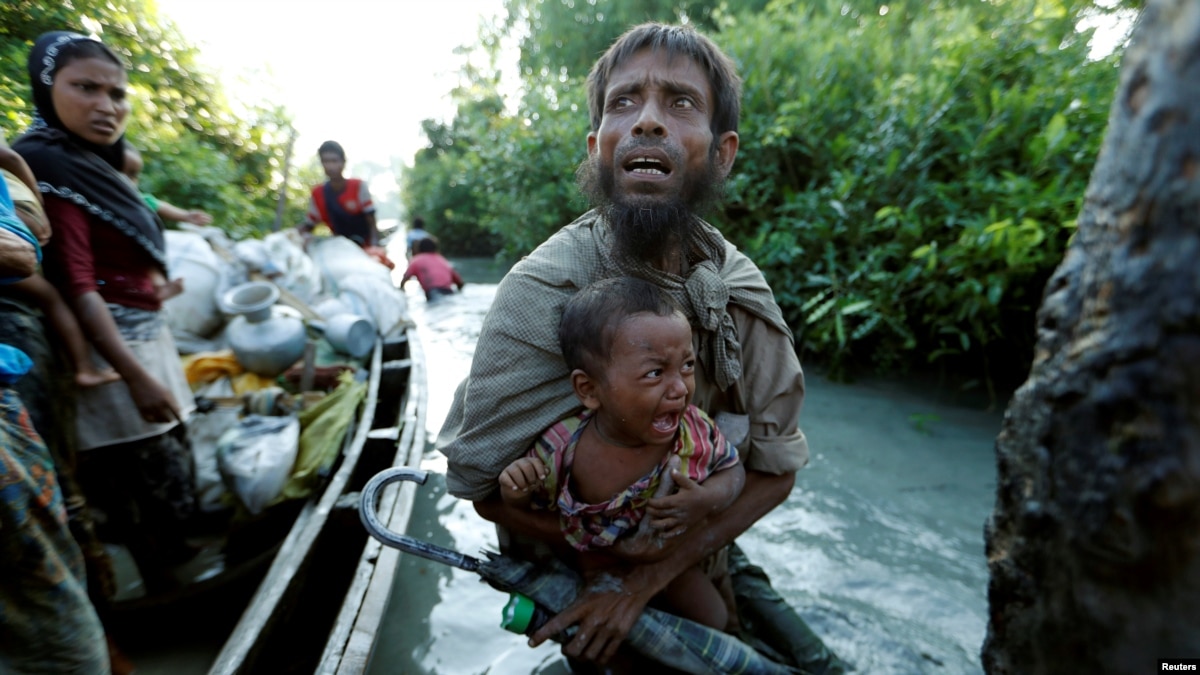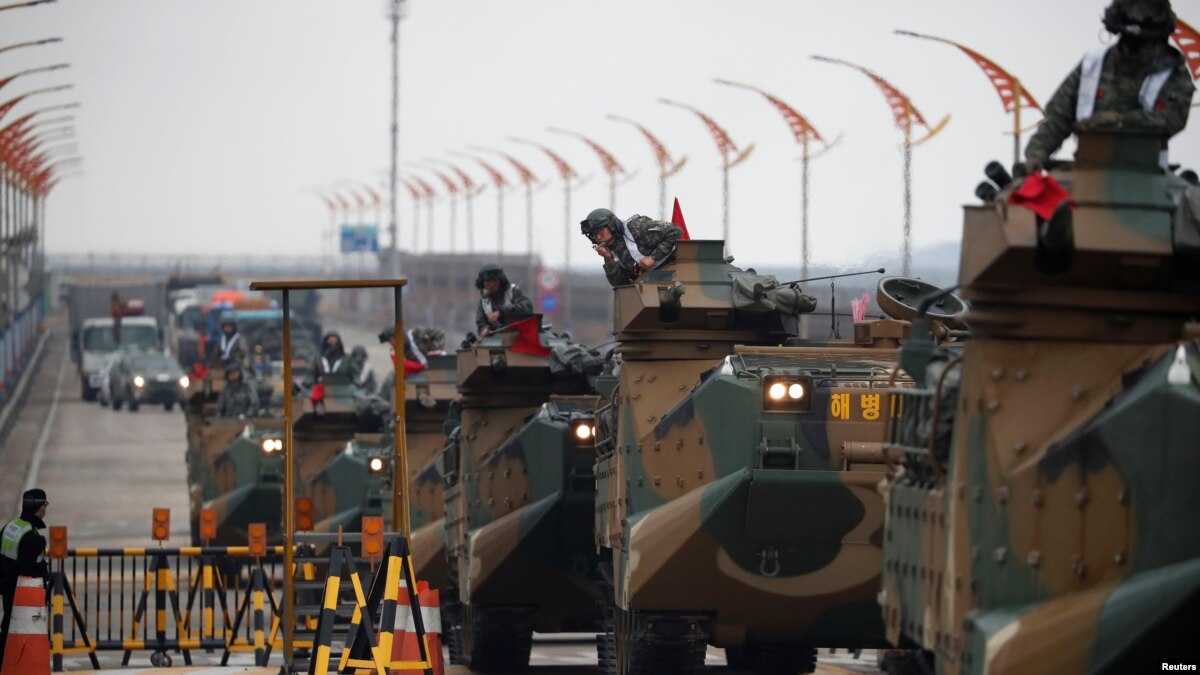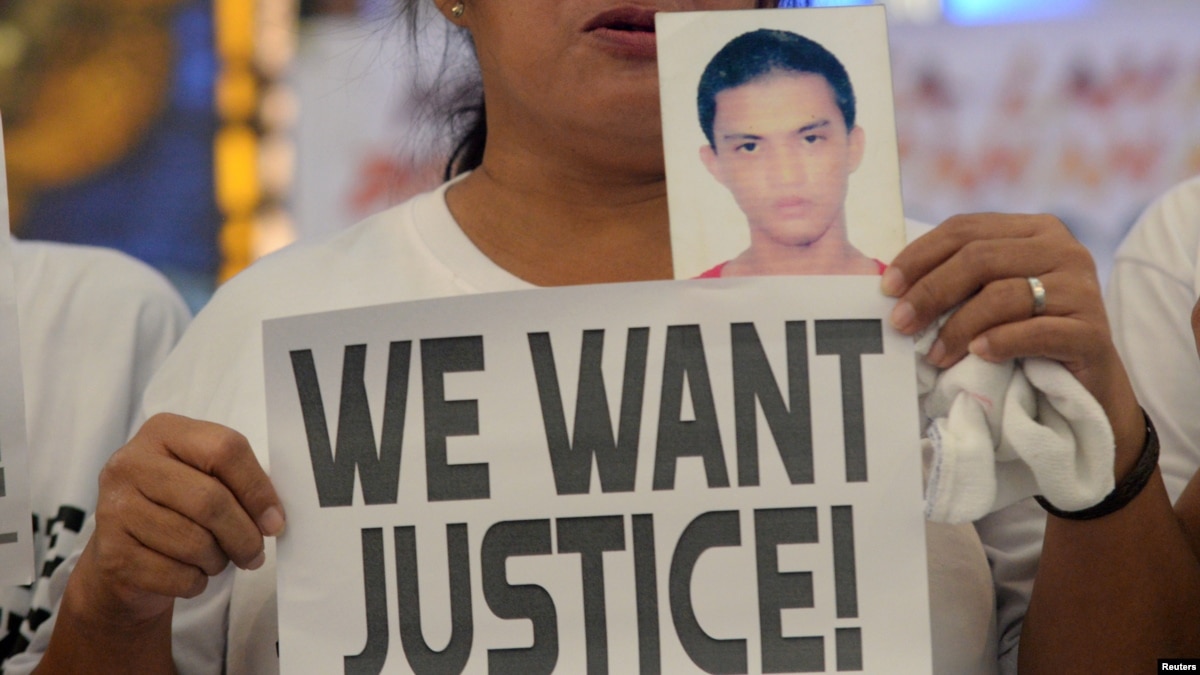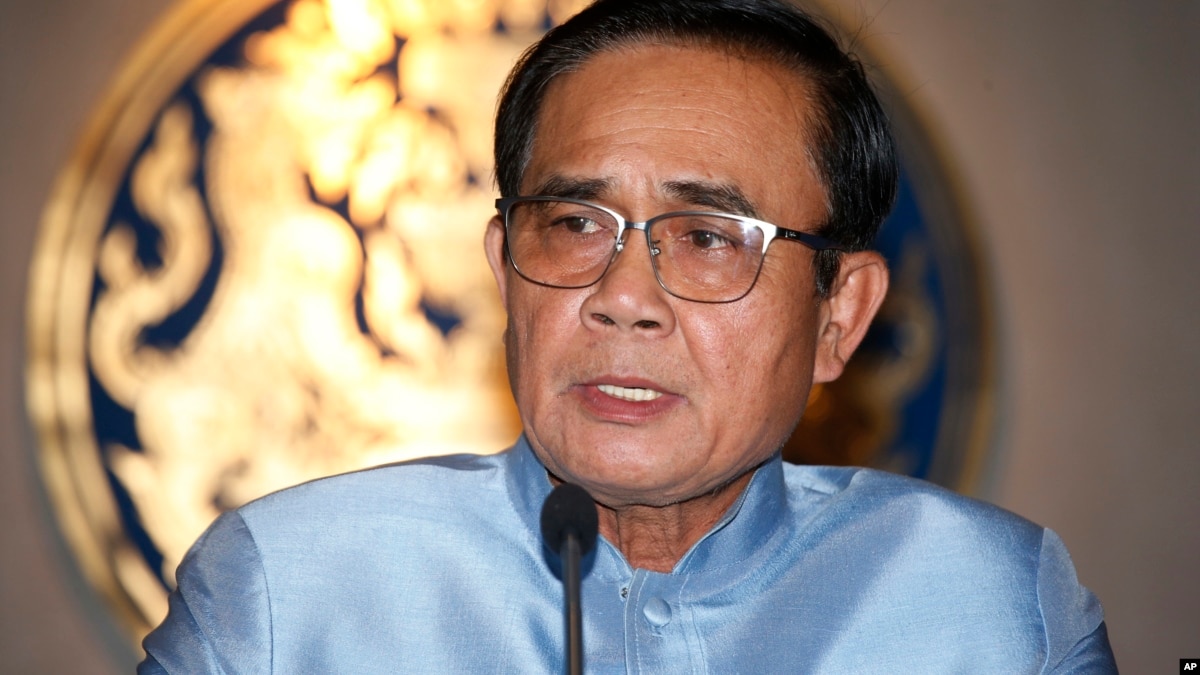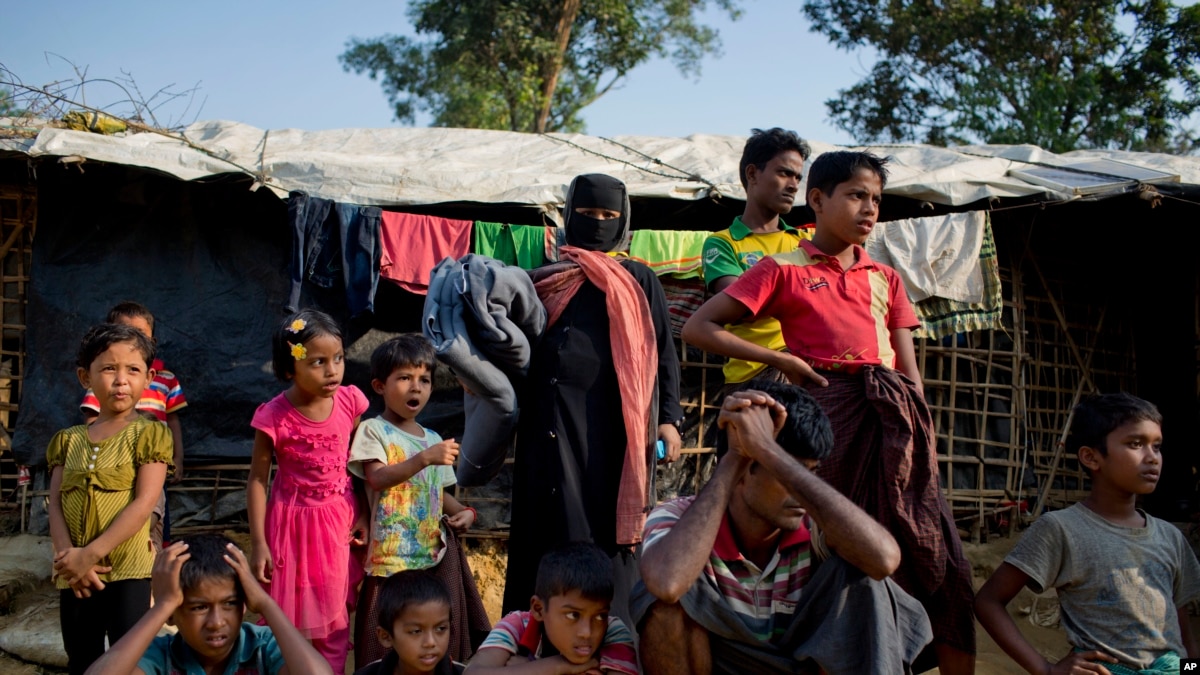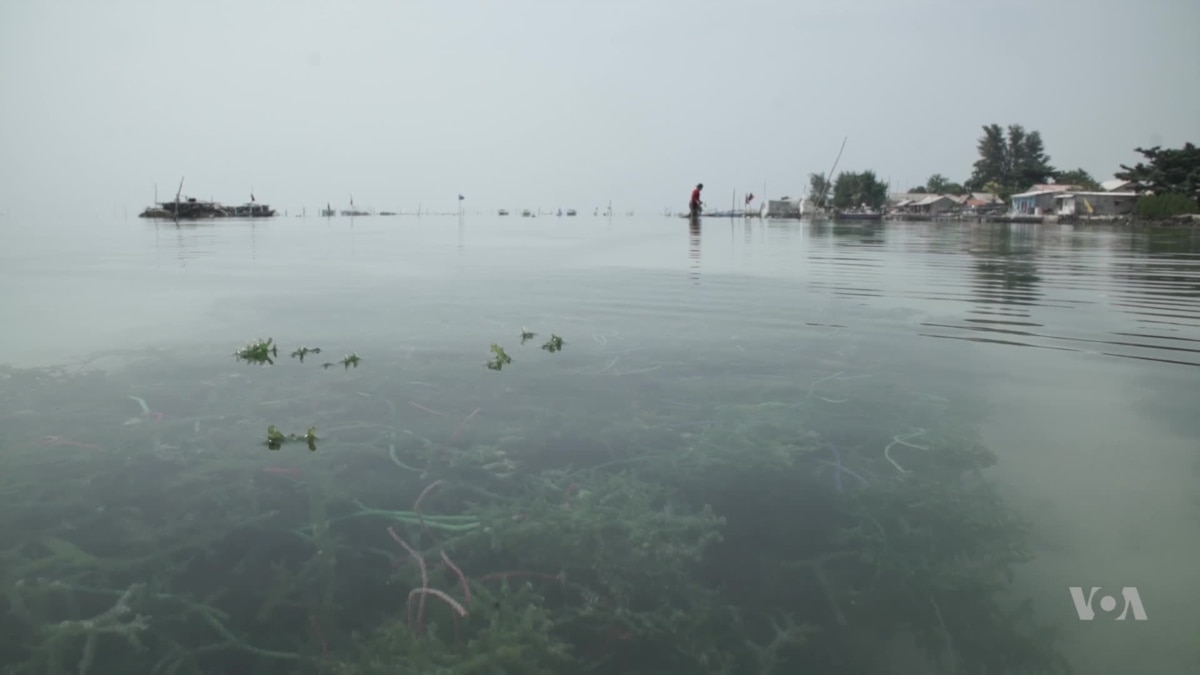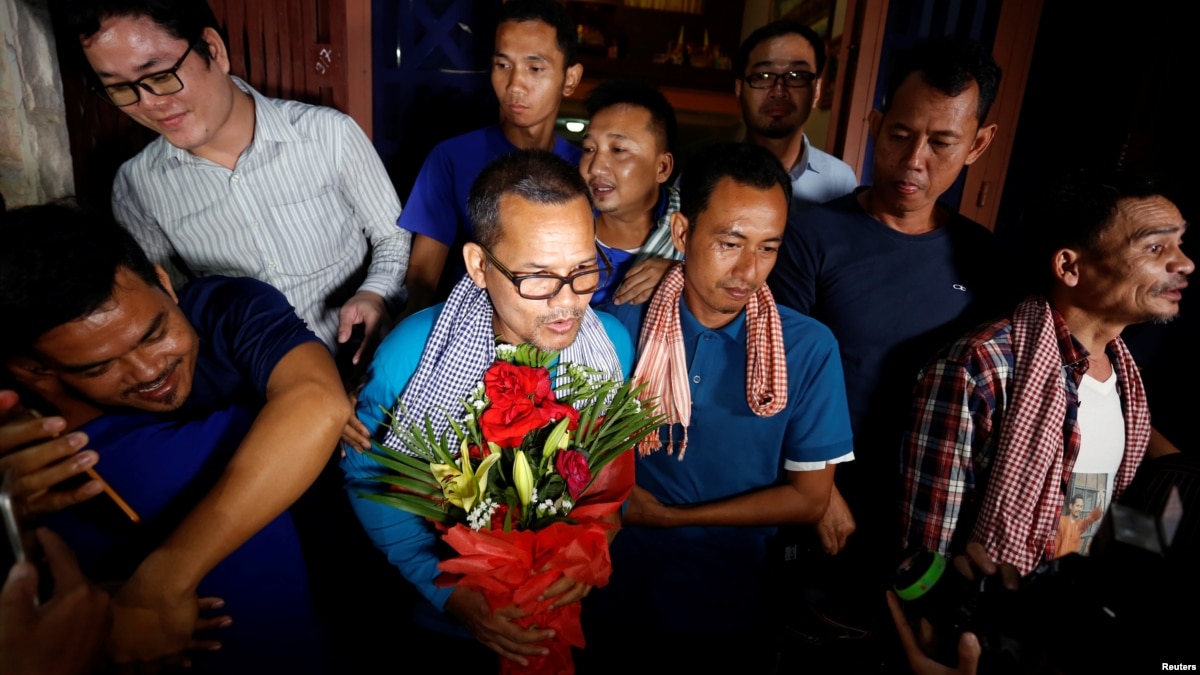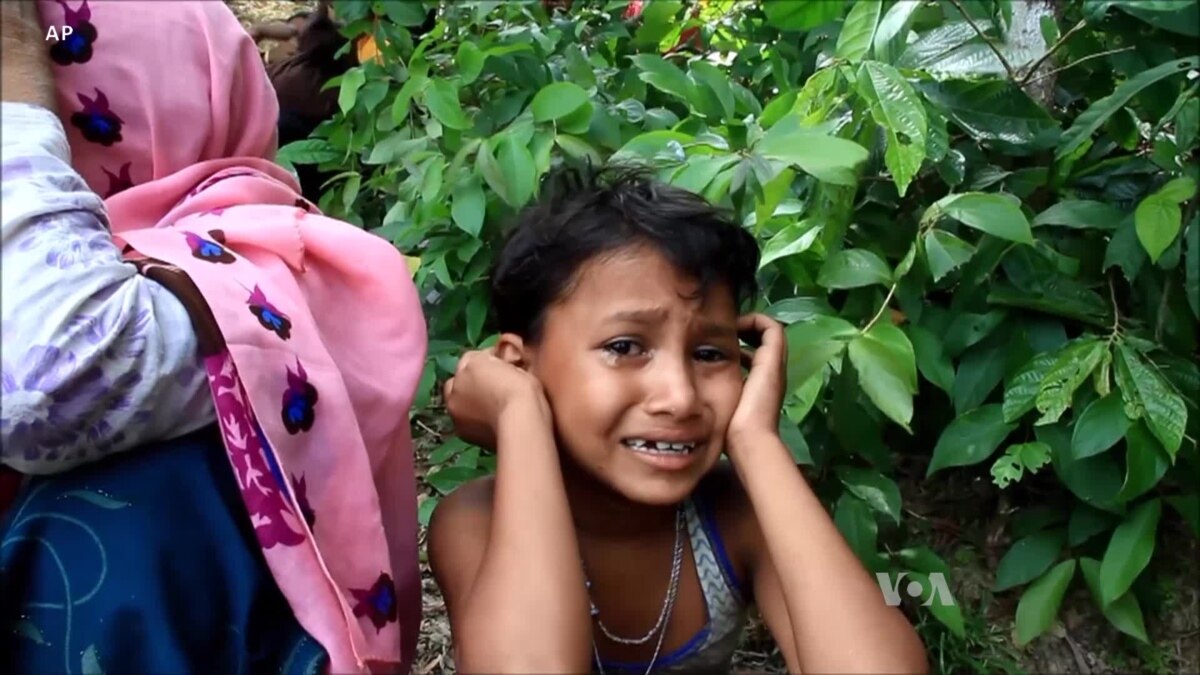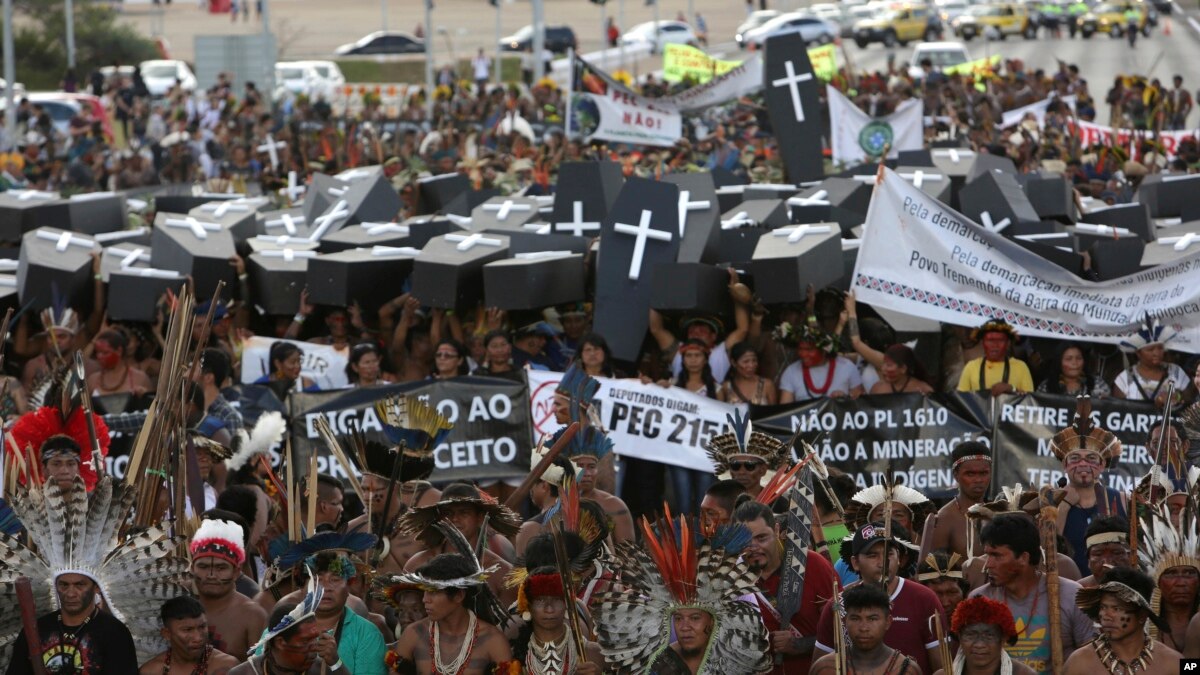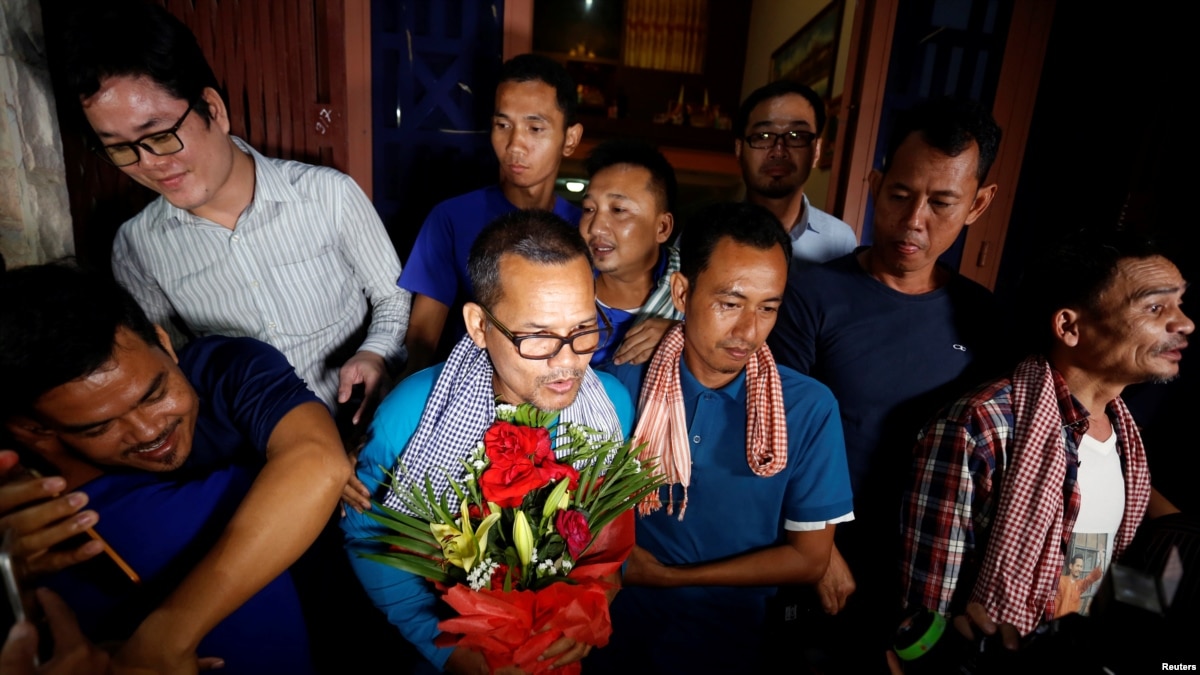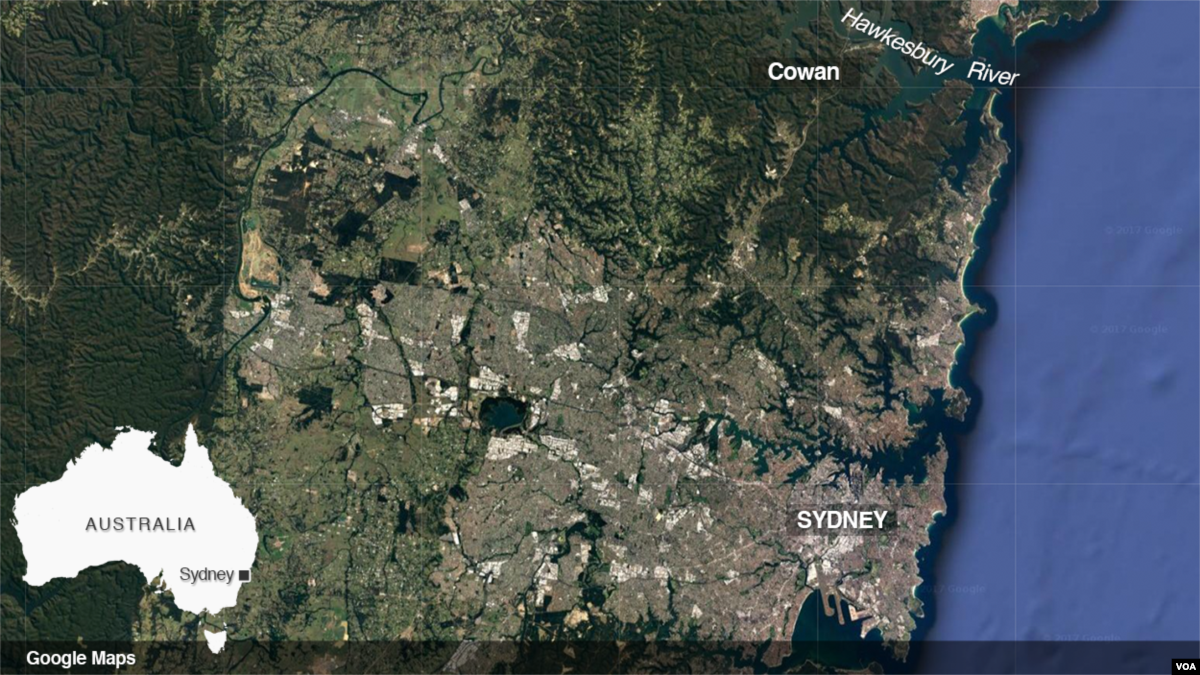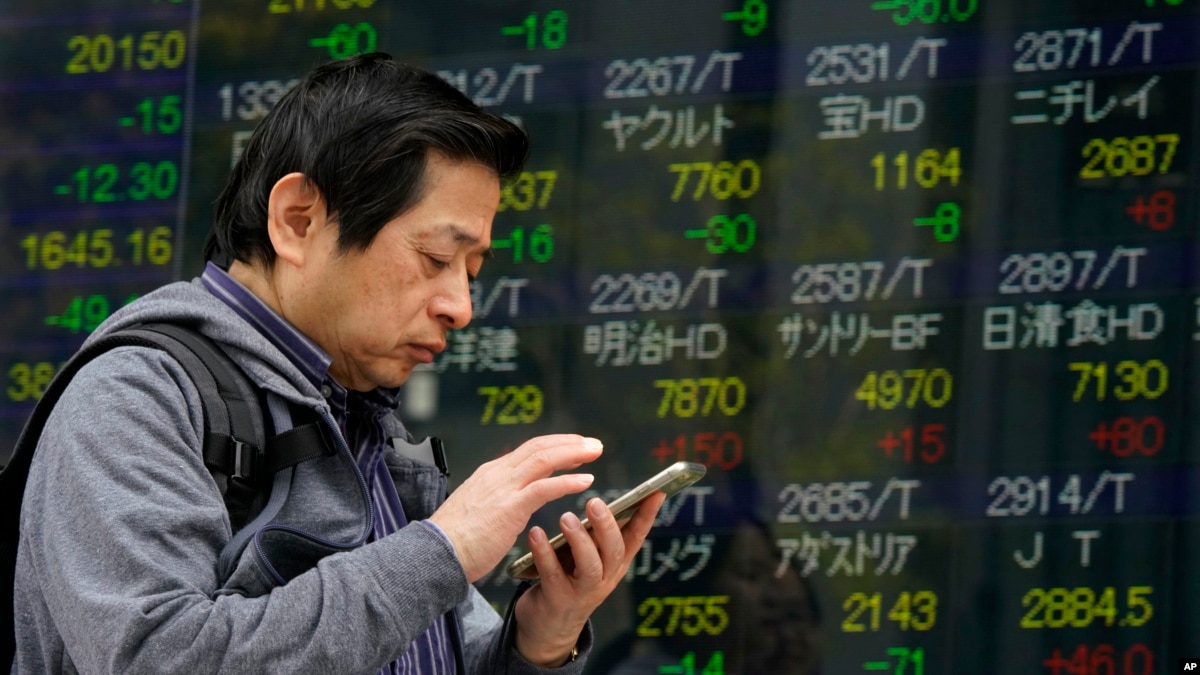The U.S. military has no plans yet to suspend any more major military exercises with South Korea, the defense secretary said on Tuesday, in the middle of a breakdown in diplomacy with North Korea over its nuclear weapons.
Defense Secretary James Mattis said at a Pentagon news conference no decisions had been made about major exercises for next year, but noted that the suspension of drills last summer as a good-faith gesture to North Korea was not open-ended.
U.S. President Donald Trump's decision to unilaterally suspend the drills caught many American military planners off-guard and was roundly criticized as a premature concession to North Korean leader Kim Jong Un, who Trump wants to give up his nuclear weapons.
"We took the step to suspend several of the largest exercises as a good-faith measure coming out of the Singapore summit," Mattis told reporters, referring to the June 12 meeting between Trump and Kim.
"We have no plans at this time to suspend any more exercises," he said, adding that no decisions had yet been made on major exercises for next year.
Mattis also said smaller exercises deemed to be exempt from the suspension were ongoing.
Mattis' comments on the drills come at a delicate time for negotiations between the United States and North Korea after Trump scrapped plans for a meeting between top officials from both countries.
At the June summit, the first meeting between a serving U.S. president and a North Korean leader, Kim agreed in broad terms to work toward denuclearization of the Korean peninsula. But North Korea has given no indication it is willing to give up its weapons unilaterally as the Trump administration has demanded.
Since then, diplomats have failed to advance the process. North Korean officials even warned in a letter to U.S Secretary of State Mike Pompeo last week that denuclearization talks risked falling apart, U.S. officials told Reuters.
In particular, the North wants steps toward a peace treaty. The 1950-1953 Korean War ended in an armistice rather than a peace treaty, leaving U.S.-led U.N. forces technically still at war with North Korea.
U.S. officials fear North Korea might turn its attention to cutting a separate deal with South Korea and driving a wedge between the U.S.-South Korea alliance.
A South Korea presidential spokesman said he was not in a position to comment on the authenticity of the letter but acknowledged that talks between Washington and Pyongyang were at a stalemate.
"With North Korea and the U.S. remaining stalemated, there is an even bigger need for an inter-Korea summit," Kim Eui-kyeom, a spokesman for the presidential Blue House, told a briefing.
South Korea's President Moon Jae-in said this month his planned third summit with North Korea's Kim next month would be another step toward the denuclearization of the Korean peninsula and an end to the Korean War.
Trip canceled
Trump abruptly canceled his top diplomat's planned trip to North Korea on Friday, publicly acknowledging for the first time that his effort to get Pyongyang to denuclearize had stalled since his summit with the North's leader.
Trump partly blamed China for the lack of progress with North Korea and suggested that talks with Pyongyang.
On Sunday, North Korea's state media accused the United States of "double-dealing" and "hatching a criminal plot" but did not mention Pompeo's canceled visit.
U.S. intelligence and defense officials have repeatedly expressed doubts about North Korea's willingness to give up its nuclear weapons and they had not expected Pompeo's trip to yield positive results.
Mattis declined to comment on the broader diplomatic efforts, deferring to Pompeo's State Department.
"We will work very closely, as I said, with the secretary of state and what he needs done we will certainly do to reinforce his effort. But at this time, there is no discussion about further suspensions," Mattis said.
The traditional U.S. calendar for other major drills does not pick up again until next spring, officials say, which could give diplomats and military planners time.
The U.S.-South Korean exercise calendar hits a high point every spring with the Foal Eagle and Max Thunder drills, which take months to plan. It was unclear if any planning for the drills was already taking place.
Max Thunder's air combat exercises so unnerved North Korea this year that it issued threatening statements that nearly scuttled the June summit between Trump and Kim.
Foal Eagle is designed to simulate war scenarios and involves ground, air, naval and special operations forces.
Let's block ads! (Why?)
Read More US Military Hints It Could Resume Major Exercises With South Korea : https://ift.tt/2wo4s2t
